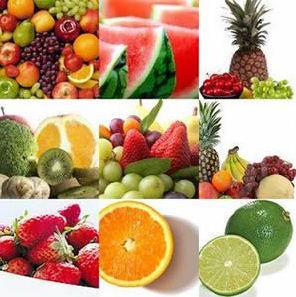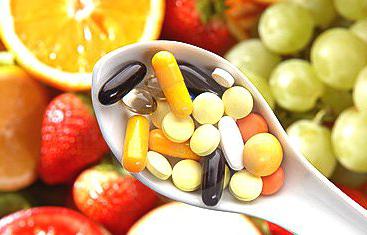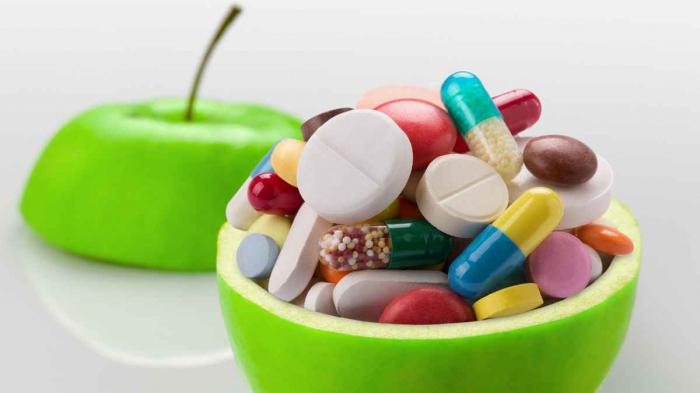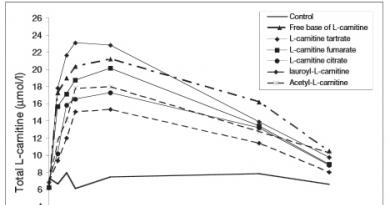What vitamins are best to take in spring? Reviews of certain drugs will be presented below. In addition, from this article you will learn about the signs by which you can determine a lack of vitamins in the body, how to choose the right complex, and other information.
General information
Spring vitamin deficiency is a phenomenon that is familiar to almost everyone. After all, it is during the off-season that a deficiency of certain microelements or vitamins quite often makes itself felt. And many people begin to think about it in the spring. Reviews of pharmaceutical drugs are very diverse. However, everyone should know about them. After all, this is the only way you can immediately choose the best and most suitable complex for yourself, which will help you regain good health and a cheerful state.
Signs of vitamin deficiency
What to drink in spring? Before answering the question, you should find out whether you really have vitamin deficiency or whether yours is in no way connected with a deficiency of nutrients.

You can make your own conclusion about the lack of vitamins and microelements based on the frequency of common colds. For example, if a person is caught in a small draft, but the very next day he has a fever and a runny nose, then he clearly has problems with the immune system, and therefore with the consumption of vitamins.
So, the general signs of vitamin deficiency include the following:
- dryness and pallor of the skin;
- bleeding gums;
- dryness, hair loss and brittleness;
- regular formation of cracks in the corners of the mouth (or so-called “jams”);
- herpes;
- poor appetite;
- irritability, depression and nervousness;
- chronic fatigue.
What vitamins are best to take in spring? Reviews from experts
Vitamin complexes should be selected based on the doctor’s recommendations. After all, only the experience and personal observations of specialists will help patients purchase the best and most effective drugs.
According to pharmacists, pharmaceutical products such as Multitabs, Duovit, Complivit and Kvadevit sell out best in the spring. From the point of view of the chemical substances contained in the presented complexes, their properties are almost identical to natural ones. However, one cannot ignore the fact that such drugs are synthesized on the basis of petroleum derivatives. As you know, these drugs are quite poorly absorbed by the body’s cells. Moreover, their regular use can cause various side effects, especially in case of overdose.

What vitamins are best to take in spring? Reviews of synthetic drugs are quite varied. Some claim that they are no different from natural ones, while others do not note their effect at all. Experts recommend that those who cannot refuse to choose only a product that contains no more than 20 components. Otherwise, the pharmaceutical drug will not bring any practical benefit.
What vitamins does the body need most in spring?
According to experts, in the spring, special attention should be paid to the deficiency of such vitamins as A, D, C, E and group B. To understand what consequences may arise from a lack of certain useful substances, let’s look at their signs in more detail.
Vitamin A
What vitamins should you take in spring? Of course, vitamin A. After all, it is this substance that is responsible for the condition of the skin, ensuring its resistance to external influences. In addition, a lack of vitamin A can lead to significant vision impairment.
A deficiency of this substance is quite often noted among those who love alcoholic drinks, since alcohol in any form prevents its full absorption.

What vitamins should I take in the spring? It is not necessary to purchase entire complexes in pharmacies. After all, ordinary food products contain almost all useful substances for the body. Thus, sources of vitamin A can be chicken and beef liver, white cheese, sea fish, milk, cottage cheese, orange fruits and vegetables (carrot juice, carrots, pumpkin, apricots, sea buckthorn, tangerines, oranges, etc.).
B vitamins
This group is responsible for almost all actions of the body. Their deficiency is the most noticeable and dangerous. Such vitamins are essential for the normal functioning of the central nervous system. They prevent hair loss, regulate heart rate, promote the healing of ulcers and wounds on the mucous membranes, etc.
It should also be noted that B vitamins are destroyed by taking strong medications and when the functioning of the gastrointestinal tract is disrupted. As a rule, a person develops skin problems, namely rashes and peeling. In the fair sex, the absorption of such beneficial substances is quite significantly reduced while taking contraceptive hormonal drugs.

Food sources of B vitamins include the following: chicken and beef, sea fish (salmon, cod), liver, rye bread and soy products.
Vitamin C
This substance increases resistance to colds. But if your bones and joints hurt and “crunch”, and you also suffer from excessive salt deposits, then it is highly not recommended to get carried away with drugs with a high content of this substance.
Vitamin C is found in foods such as rose hips, black currants, kiwi, sauerkraut, citrus fruits, red peppers, green vegetables, strawberries, rowan berries, etc.
Vitamin D
What vitamins should children take in the spring? Vitamin D. After all, it is what is required for normal calcium-phosphorus balance, and therefore for the strength of teeth, bones, nails and hair. By the way, under the influence of ultraviolet rays (sun), the human body itself is capable of producing this substance in the required quantities. But if you rarely go outside or have to live for a long time in a region with cloudy weather, then you should definitely take care of its additional sources. These include dairy products, egg yolks, seaweed and fish.

Vitamin E
The deficiency of this substance affects the quality of the skin. Wrinkles appear on them and they quickly lose their elasticity. In addition, a lack of vitamin E negatively affects all recovery processes in the body (for example, ulcers, wounds, etc. take a long time to heal).
By supplying your body with the necessary amount of this substance, you neutralize accumulated toxins and saturate your cells with vital energy. It should be especially noted that vitamin E is recommended to be taken in combination with vitamin A, since the two named drugs complement and enhance the effect of each other. It is no coincidence that a pharmaceutical product like “Aevit” was developed, which contains both of the mentioned substances. As for foods, the sources of vitamin E are the following: vegetable oils (corn, grape, sunflower, flaxseed and olive), nuts, sunflower seeds, spinach, wheat and broccoli. In addition, this substance is present in limited quantities in almost all known vegetables.
What you need to know when taking certain vitamins
Vitamins in the spring (reviews were presented above) should not be taken thoughtlessly. After all, even such useful substances purchased in pharmacy chains can have their side effects.

- Vitamin C should be used with caution by people who have high salt levels in their bodies.
- It is recommended to take calcium exclusively with vitamin D.
- Vitamins E and A improve the absorption of each other. In addition, both of these substances are fat-soluble. In this regard, you should definitely add a spoonful of cream or vegetable oil to a glass of carrot juice.
- For anemia, iron supplements are taken only with vitamin C.
If you use pharmaceutical complexes to compensate for the deficiency of certain vitamins, you should definitely consult your doctor. After all, even such seemingly harmless drugs can negatively affect human health. If you want to go the “natural” route and get vitamins from ordinary foods, then you should stick to a balanced and proper diet. Only in this case will your body receive exactly the beneficial substances and in the quantities that you need.



